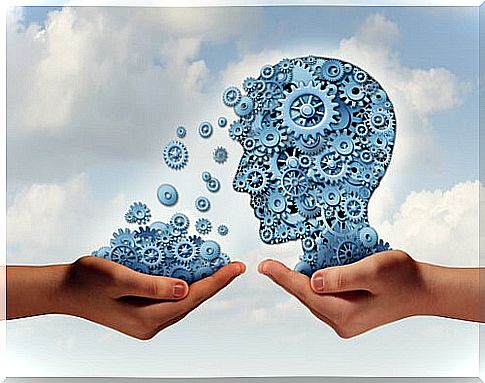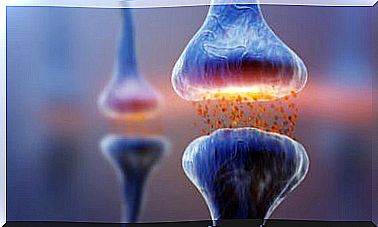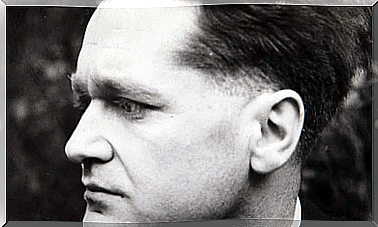Do You Know What Psychiatry Is?

Can you tell what differentiates psychology from psychiatry? Many people are not able to adequately answer this question. If you are one of them, don’t worry. In other articles we have already talked about the difference between psychology and psychiatry. In this we are going to define what psychiatry is.
According to Dr. Juan José López-Ibor, psychiatry is the branch of medicine in which psychic phenomena are important as conditioning factors, manifestations or therapeutic agents. In addition, the field of psychiatry extends to collaboration with other specialties for the study of certain specific clinical activities, diseases or symptoms. For example, psychological problems that arise from other diseases with a clear physical correlate.
This is the path of psychological medicine and liaison psychiatry that have come to succeed so-called psychosomatic medicine. The latter aspired to study the psychological causes and treatments of somatic diseases.
Psychosomatic medicine and its evolution
Thus, psychosomatic medicine applied the cause-effect model. This model is very important in the scientific tradition and in the training of physicians. However, little by little a new perspective is opening up.
This new perspective, multifactorial or integrative, understands that psychological phenomena are not something added to biological processes. On the contrary, they would form a unitary, integrated whole, according to the so-called biopsychosocial model.

According to this biopsychosocial model, the psychological, biological and social aspects are nothing more than different faces of the same phenomenon. According to this new perspective, diseases in general cannot be considered only as the expression of damage induced by external agents (traumatic or infectious, for example).
Above all, they would be the expression of adaptation mechanisms to stressful situations. What they want is to maintain a balance on which individual survival depends. The cells of the body need a precisely regulated internal environment (homeostasis), always threatened by variations in the external environment.
In a similar way, the personality develops in a world of its own that needs to be kept within certain channels. It should be said that pathology (somatic and psychic) is more the expression of adaptive mechanisms than of the possible causes that set them in motion.
Doctors actually resort to treatments to mitigate those responses that, in principle, had, or could have, importance for the survival of the individual. Examples of these treatments are corticosteroids to inhibit inflammatory phenomena, analgesics to calm pain, etc.
Psychiatry is a medical specialty
As a medical specialty, psychiatry deals with disorders caused by malformations, injuries, damage and diseases of the brain (organic mental disorders) or of other organs that secondarily affect brain functions (symptomatic mental disorders).
Psychiatry also deals with behavior patterns that lead to substance use and its consequences (substance use disorders, such as alcoholism). It also deals with schizophrenia and other disorders that can lead to delusions, such as affective disorders, neuroses or adjustment disorders.
Psychiatry can develop important functions in mental health in collaboration with other branches of knowledge and application. These can be educators, psychologists, nurses, social workers, etc. In this sense, lifestyles that imply a health risk are becoming more and more important for medicine. Either for the prevention of diseases or for the rehabilitation of those who have already fallen ill.

What psychiatry is not
It is important to point out what psychiatry is not. From the beginning of the century until a few decades ago, the influence of psychoanalysis led psychiatry to an inflation: psychiatry had an explanation (or claimed to have it) and an answer to all kinds of human problems.
In recent years, psychiatry has undergone a process of “remedicalization.” It has become an important support in clinical and biological research, characterized by greater rigor in the application of its therapeutic methods. In addition, it assumes a more precise awareness of its limits and of its possible and more effective fields of action.
It is in this sense that his collaboration with medicine is most clearly outlined. Hopefully also in its support of other areas of research.
Finally, I would like to answer the question at the beginning in a very simple way. It could be said that the psychologist investigates the psychological and mental characteristics of the patient while the psychiatrist focuses his work on the medical-pharmacological field. Two fields “condemned”, for the good of the patient, to work in harmony.









